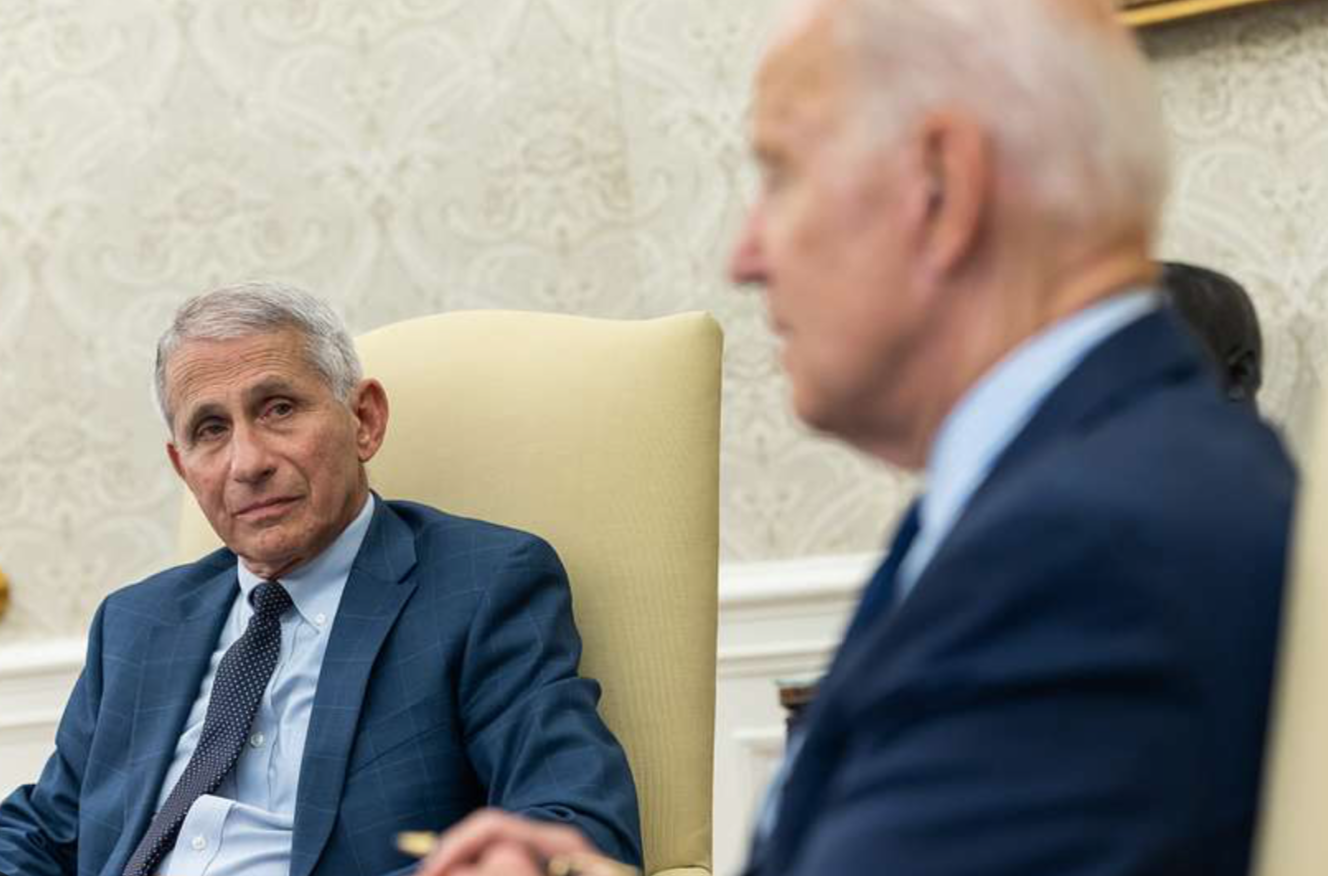USAID’s Role in the 2020 Election: Funding Wuhan Lab and Its Unintended Consequences

As the U.S. Agency for International Development (USAID) faces renewed scrutiny over its financial allocations—an area it has historically been less than transparent about—it becomes evident that a substantial portion of its funding has benefited progressive, Democrat-aligned initiatives. This includes expenditures ranging from the seemingly trivial, such as a $32,000 grant for a transgender comic book in Peru, to the significantly more consequential, like providing support to a so-called independent journalistic nonprofit that was cited by a CIA analyst whistleblower during the first impeachment of President Donald Trump.
But what if USAID played an even more critical role—one that inadvertently paved the way for the seismic shifts in election laws that benefited Joe Biden in 2020?
While it may sound like a far-fetched conspiracy theory, examining the chain of events suggests a much more plausible narrative than one might initially assume.
On January 25, the Central Intelligence Agency released an assessment stating that COVID-19 likely originated from the Wuhan Institute of Virology, albeit with "low confidence," as reported by The Wall Street Journal. This marked a significant departure from previous intelligence community stances, which had largely leaned toward a natural origin.
According to the CIA, "a research-related origin of the COVID-19 pandemic is more likely than a natural origin based on the available body of reporting."
For those who have followed the pandemic’s origins with skepticism, this revelation hardly came as a shock. The virus most closely related to SARS-CoV-2 was not found naturally in Wuhan, no intermediary host animal was identified, and there were no records of bats—commonly linked to coronaviruses—being sold at the infamous wet market where the outbreak was initially attributed.
Meanwhile, just a short distance from the outbreak's epicenter stood a virology institute with documented safety concerns and potential containment failures dating back to October 2019—just before the virus is believed to have started spreading.
Although definitive proof of a lab leak remains elusive, the mounting evidence tilts heavily in that direction. Even the Chinese Communist Party has struggled to present a compelling alternative theory for zoonotic transmission in the years since.
Compounding the issue, the Wuhan Institute of Virology conducted controversial “gain of function” research—despite public denials from Dr. Anthony Fauci. This research, which involves modifying viruses to make them more transmissible or dangerous, was being carried out at a facility with longstanding safety concerns dating back to 2009.
A key player in this research was EcoHealth Alliance, a U.S.-based nonprofit that secured millions in government grants, including those from USAID, for programs such as “PREDICT.”
According to EcoHealth’s own description, “In an effort to identify and respond to new zoonotic diseases before they spread to humans, the U.S. Agency for International Development (USAID) established its Emerging Pandemic Threats (EPT) program. The EPT program consists of four projects: PREDICT, RESPOND, IDENTIFY, and PREVENT. The PREDICT project seeks to identify new emerging infectious diseases that could become a threat to human health. PREDICT partners locate their research in geographic ‘hotspots’ and focus on wildlife that are most likely to carry zoonotic diseases—animals such as bats, rodents, and nonhuman primates.” [Emphasis added.]
Documents indicate that the National Institute for Allergies and Infectious Diseases, led by Dr. Fauci, was aware of both the bat coronavirus gain-of-function research conducted by EcoHealth Alliance and the risks associated with the Wuhan Institute of Virology.
Despite these concerns, USAID and other government agencies continued funding EcoHealth Alliance’s work. While no direct evidence links their research to the specific strain of coronavirus that intelligence agencies now believe escaped from the lab, USAID’s financial support persisted, and the organization remained silent on the growing risks at the Wuhan facility.
The consequences of these actions were far-reaching.
Before COVID-19, President Donald Trump was benefiting from a robust economy and, despite facing impeachment over Ukraine funding, was in a strong position for re-election. However, the pandemic swiftly altered the political landscape.
Trump faced criticism from both sides—accused of not enforcing strict lockdowns early enough while simultaneously being blamed for the economic downturn caused by pandemic restrictions. Any mention of the "China virus"—an attempt to highlight its origins—was dismissed as racist, and discussions about the Wuhan Institute of Virology were met with accusations of conspiracy-mongering.
In the wake of the crisis, election laws changed dramatically, often under dubious legal circumstances. Mail-in voting expanded significantly, and mainstream narratives painted Trump as reckless while positioning Biden as a stabilizing alternative. The end result? Joe Biden’s victory in what was widely declared "The Freest and Fairest Election Ever™."
Yet, Biden’s administration fared no better in handling COVID-19 than his predecessor’s, and media coverage conveniently downplayed these shortcomings. Meanwhile, USAID’s role in funding EcoHealth Alliance, which collaborated with the Wuhan Institute of Virology, remained largely unexamined.
This isn’t about rigging ballot boxes or hacking voting machines. Rather, it highlights how systemic misinformation and institutional failures helped create conditions that undermined Trump’s re-election bid. USAID, originally intended to support international development, effectively funneled taxpayer dollars into research that played a role—however large or small—in the upheaval that shaped the 2020 election.
Americans are now presented with a choice: accept the prevailing narrative that USAID is merely a benevolent organization aiding the world’s most vulnerable populations, or recognize the uncomfortable reality that it has become a conduit for controversial research with unintended political consequences.
The question remains—how much of the truth are you willing to accept?